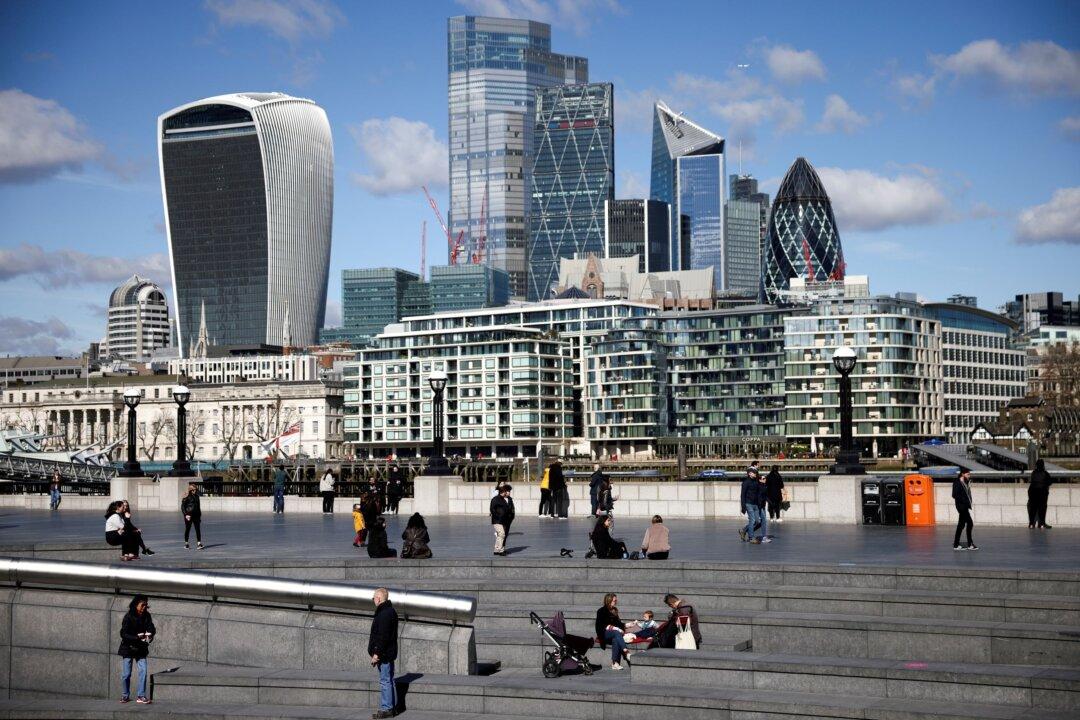Britain is expected to be the worst-performing economy in the G-20 apart from Russia this year and next, according to new analysis from the Organisation for Economic Cooperation and Development (OECD).
The UK’s GDP is expected to fall by 0.2 percent this year, followed by a rise of 0.9 percent next year, the OECD said in its interim economic outlook published on Friday.





